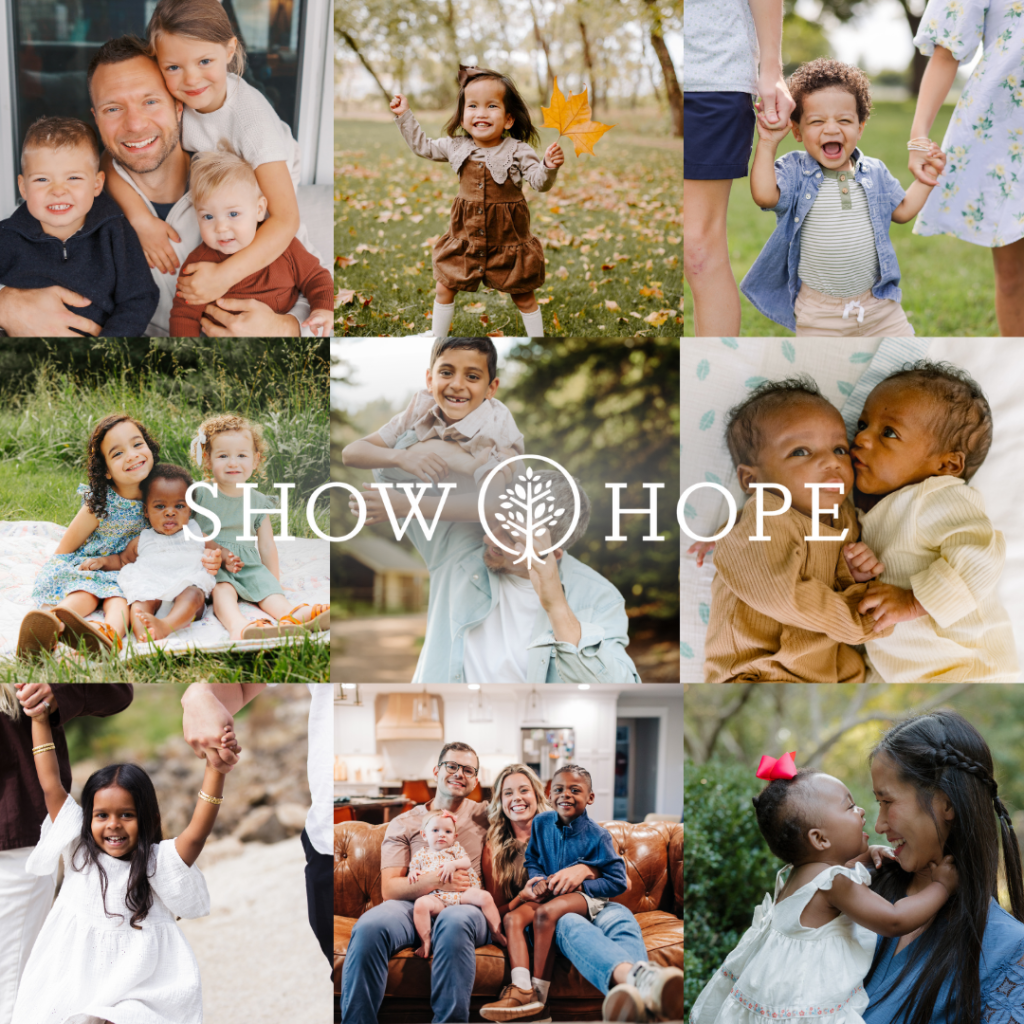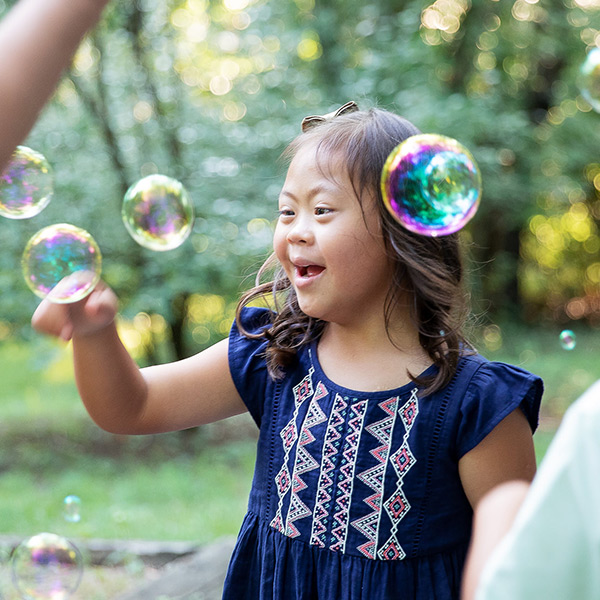Posts by Bethany Briley
TBRI® and Food
Nutrition and hydration are important for development, brain function, and regulation, but for children who have been impacted by adoption and/or foster care, there may be difficult histories around food. Your child or teen may have experienced insecurity or hunger; food being withheld or forced due to punishment; or sensory-processing difference. Oftentimes, because of these…
Read MoreMedical Care Impact Report
Many children who have been orphaned live with mild to acute healthcare needs, requiring access to medical and therapeutic intervention. But securing that access and associated costs are overwhelming for many children and families. Show Hope’s Medical Care grants have provided support to more than 200 families through financial assistance to help reduce the medical…
Read MoreAdoption Aid Impact Report
Show Hope Adoption Aid grants are the cornerstone of our work and the original vision of our Founders, Mary Beth and Steven Curtis Chapman. The vision: Address the financial barrier to adoption and to help families adopt providing financial assistance in the form of Adoption Aid grants. The goal of our grants is to cover…
Read MoreShow Hope Book Club: Adopted for Life
Adopted for Life “Adopted for Life” by Dr. Russell Moore positions adoption as a central gospel theme, showing how God’s adoption of believers through Christ shapes Christian identity, family, and the mission of the Church. Drawing on Scripture and theology, Dr. Moore challenges churches and families to see adoption not as a niche calling but…
Read MoreRight Where We Are
My family adopted from China twice when I was a kid, and this experience shifted how I saw the world around me. At a young age, I became deeply aware that the world is not as it should be. I also became deeply aware that the God we serve invites us to join with him…
Read MoreMeet Kari Baragrey
When Kari Baragrey first learned about Trust-Based Relational Intervention® (TBRI®), she was seeking help for meeting the needs of her son, admitting she knew they weren’t dealing with anything they would be able to solve on their own. When Kari came across TBRI, she found there was only one TBRI-trained therapist in Michigan, where she…
Read MoreAll in the Family
When Sara and Phillip Carlisle applied for a Show Hope Medical Care grant, they were uncertain their family would qualify. Their Camden needed ear tube surgery to help with chronic infections, but they did not know if that medical need was big enough. They applied anyway, and the grant for surgery was approved. “I think…
Read MoreEsperanza Para el Viaje: Hope for the Journey
En un mundo donde el dolor y la quebrantamiento a menudo encuentran su camino en nuestros hogares, la necesidad de compasión, empatía y cuidado centrado en el evangelio nunca ha sido mayor. — Mary Beth Chapman, Cofundador de Show Hope Earlier this year, Show Hope Co-founder Mary Beth Chapman shared this piece of wisdom, driving…
Read MoreMeet the Rouse Family
Four years ago, Emily and Justin Rouse began to experience a pull toward adoption for their family. For Emily, adoption had been on her heart for quite some time, with different family members adopting both domestically and internationally. And when the two began dating, Emily raised the question of adoption with Justin, as she knew…
Read MoreMeet Callie …
High school senior Callie Klepper first discovered Show Hope’s Pause Campaign just a few years ago at a Steven Curtis Chapman concert. Though her family was well-acquainted with Show Hope, Callie was still unfamiliar with Pause. “One night, my family went to see SCC in concert. We stopped by the Show Hope table there and…
Read More










